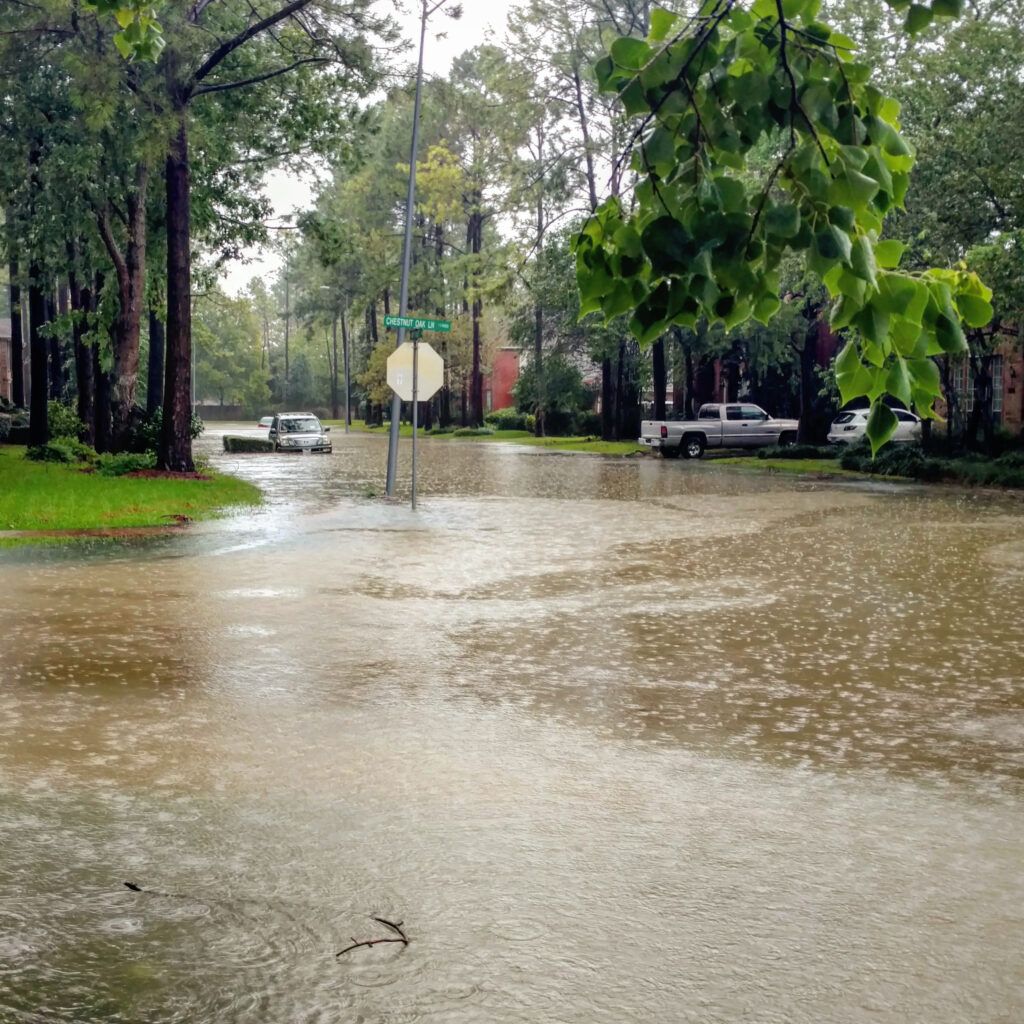As our nation recovers from the devastation of hurricanes Harvey and Irma and the Caribbean braces for Hurricane Maria, the news can be a source of stress and anxiety. The American Psychological Association offers the following 6 tips to manage your distress:
1. Take a news break.
Watching endless replays of footage from the disaster can make your stress even greater. Although you will want to stay informed–especially if you have loved ones in-affected areas–manage your viewing time.
2. Control what you can.
There are routines in your life that you can continue such as going to work or school and making meals. It is helpful to maintain these tasks and schedules to give yourself a break.
3. Engage in healthy behaviors.
Eat well-balanced meals, engage in regular exercise like going for a long walk, and get plenty of rest. Bolstering your physical well-being is good for your emotional health and can enhance your ability to cope.
4. Keep things in perspective.
While hurricanes can bring tremendous hardship and loss, remember to focus on the things that are good in your life. Persevere and trust in your ability to get through the challenging days ahead.
5. Find a productive way to help if you can.
Many organizations are set up to provide various forms of aid to survivors. Contributing or volunteering is a positive action that can help you to make a difference.
How to help Houston recover from Hurricane Harvey
How to help victims of Hurricane Irma
6. Aim to maintain a positive outlook.
Many people who have experienced tragedy find that they grow in some respect as a result of persevering through the hardship. Over time, people can discover personal strengths and develop a greater appreciation for life.
For many people, using the tips above may be sufficient to get them through current challenges. At times, however, individuals can have difficulty managing their intense reactions. A licensed mental health professional such as a psychologist, psychiatrist or social worker can assist you in developing an appropriate strategy for moving forward. It is important to get professional help if you feel like you are unable to function or perform basic activities of daily living. You can find mental health professionals near you by contacting your state associations. Many of these psychologists are trained in trauma and disaster work.




